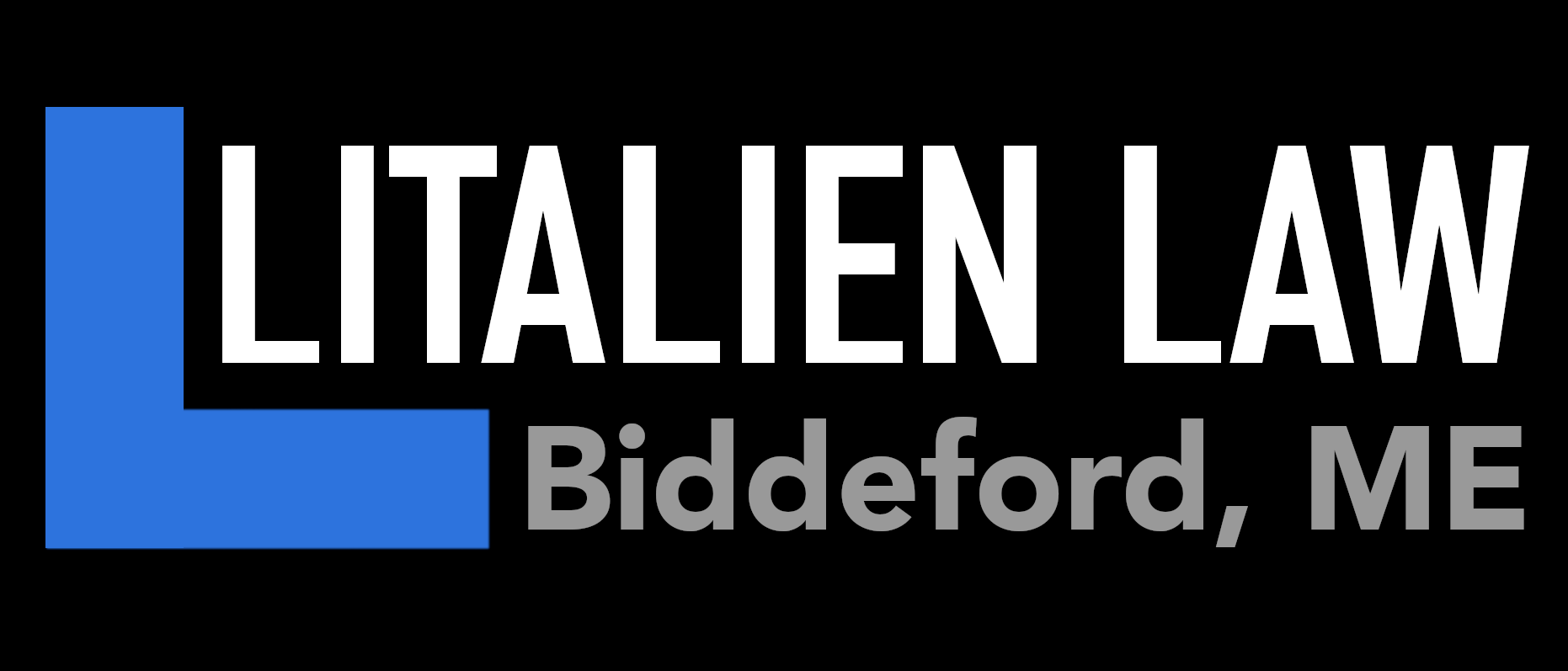In today's conflict-ridden society, alternative dispute resolution methods are more important than ever. Mediation serves as a bridge between formal litigation and informal negotiations, making it a vital tool for resolving disputes while preserving relationships. This process plays a crucial role in various settings and has the potential to provide mutually beneficial outcomes.
Definition and Importance
Mediation is a process particularly beneficial in scenarios where parties have ongoing relationships they wish to maintain. It is relevant in situations such as consumer complaints, divorce proceedings, workplace conflicts, landlord-tenant disagreements, neighborhood disputes, and personal injury cases. By involving a neutral third party, mediation helps to create a space where all parties can be heard and work towards a resolution.
Non-binding Nature
Unlike judicial decisions, mediation is non-binding. This means that mediators cannot enforce decisions but instead facilitate a cooperative environment to help the parties reach a mutual agreement. This characteristic allows for more flexible and creative solutions that might not be possible in a courtroom setting.
Mediation Process
Introduction by the Mediator
The mediator sets the stage by introducing the parties, outlining the goals and rules of the process, and promoting a collaborative approach. This initial phase is crucial for establishing a respectful and constructive atmosphere.
Statement of the Problem
Each party presents their side of the dispute without interruptions, allowing for a comprehensive understanding of all perspectives. This helps in identifying the underlying issues and interests of each party.
Information Gathering
During private meetings with the mediator, parties can speak confidentially and receive personalized attention. This allows the mediator to better understand the unique aspects of the dispute and the needs of each party.
Bargaining
Negotiation dynamics can vary, and sometimes mediators choose to keep parties separate to enhance the negotiation process. This phase involves exploring options and finding common ground.
Settlement
The mediation process often concludes with a potential resolution, where agreements are written and signed, sealing the mediation process. This final step formalizes the mutually agreed-upon solution.
Mediation is an effective conflict resolution tool that helps preserve relationships and offers a less adversarial approach compared to traditional litigation. Its value lies in its ability to tailor solutions to the specific needs of the parties involved.
Consider mediation as a viable option for resolving your disputes. Consulting with a professional mediator can help explore how this process might be tailored to your specific needs and circumstances.

